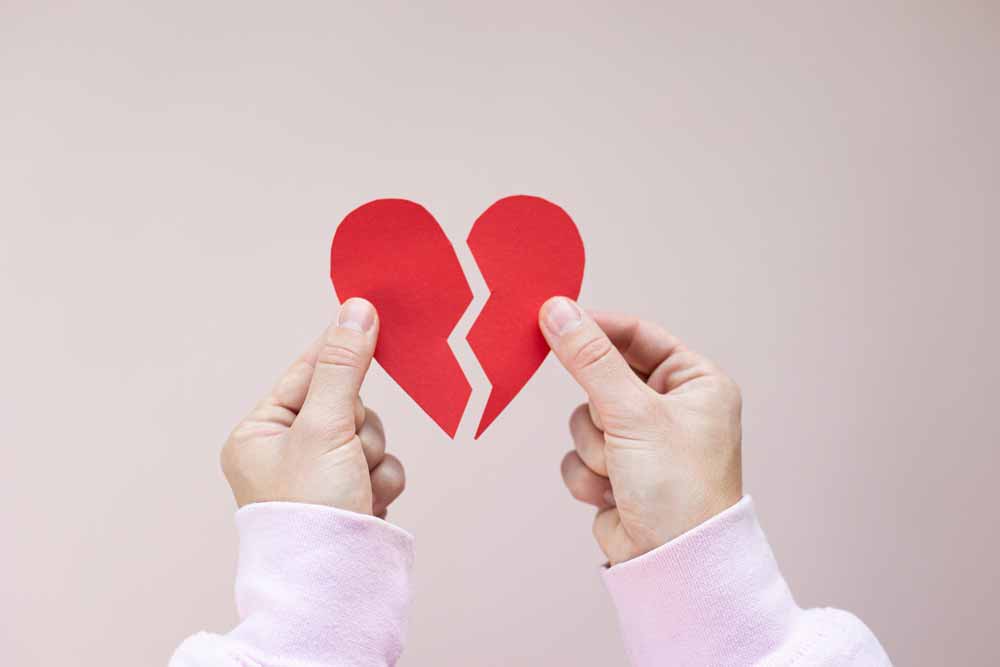When it comes to the healing process from negative body image, grief; particularly body grief is a significant and important part of this process. Body grief can illicit many different thoughts and emotions because grief itself an all encompassing experience that involves all five senses and the courage to be aware and stay aware of your internal experience. Body grief, just like grief takes on the five different stages from Elisabeth Kubler-Ross: denial, anger, bargaining, depression, acceptance. Let’s unpack each stage as it relates to body grief work in healing our negative body image.
1. Denial.
It’s common and likely that when you enter into the work of healing your negative body image and realize that in order to find body respect and even body positivity that you will have to let go of the ideal body you had in mind. This realization can bring on strong feelings of denial that maybe sound like, “surly my body image is not bad enough that I have to give up my goal.” Denial is the inability to accept that there is a problem to address and I hope you feel some validation in knowing that this is a common and even needed experience to have at the beginning of this journey.
2. Anger.
This emotion often gets a bad rap. Anger can easily get mistaken for people’s reactions and behaviors from feeling angry rather than the feeling anger itself. Anger is a deeply important emotion especially in the body image recovery process because of what information anger gives us and tells us we need. Anger informs us that there is injustice and that we need justice served. Please get angry at diet culture and the thin ideal that has influenced the narrative that your body is not good and ok right now. And then take back the narrative.
3. Bargaining.
This is when we start feeling the tug of war game within ourselves to break free from body shame and behaviors that perpetuate negative body image, but try desperately to hold fast to diet culture ideals and narratives that perpetuate that body acceptance is based on condition. This might sound like, “if I eat intuitively and only eat when I am hungry than it only makes sense for me to lose weight”, “if I can just get to my set point weight than I know I will feel better about myself”, “because I eat clean, I no longer have to measure or weigh my food”. The list can go on and it is easy to see the cognitive dissonance. Make a list of how you bargain with your body, notice your own cognitive dissonance.
4. Depression.
This experience can feel scary to think about as a normal and natural part of general grief, as well as specific grief to body image. I am not talking here about having a diagnosable depressive disorder, rather an overwhelming feeling of sadness for what has been lost. The loss of your ideal body image, the realization that you are shifting your focus and energy away from an external image to living a life within the body you have right now and caring for this body unconditionally is worthy of feeling sad about. Sadness informs us of something of value that we have lost and tells us we need comfort. How will you seek out comfort?
5. Acceptance.
There is relief in acceptance. There is hope in acceptance. Acceptance frees us to live fully in the present without fear of how our body might change in the future because we know it will. Acceptance gives us the gift to experience change as beautiful. Acceptance is riding the wave with no pressure to try and swim against the currant. Body acceptance does not mean a complete absence of body dissatisfaction, it means in the presence of such, choosing to fully love and care for your body unconditionally. Add acceptance of body in the present to your list of values and write out action steps you can take to daily live within this value.
This is not a linear process, so do not treat it as such. There will be highs and lows, backs and forths, quicks and painfully slows, and it is all good and all right. Body grief is not meant to be done alone, nor is it meant to be done perfectly. Find a licensed therapist and safe people to walk along side you in this journey and if you ever suspect that the natural sadness and depression of the grief process has turned into clinical depression, speak up. Your body image depends on it.
Best,





